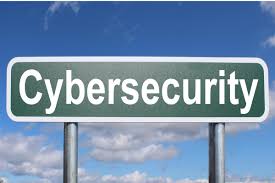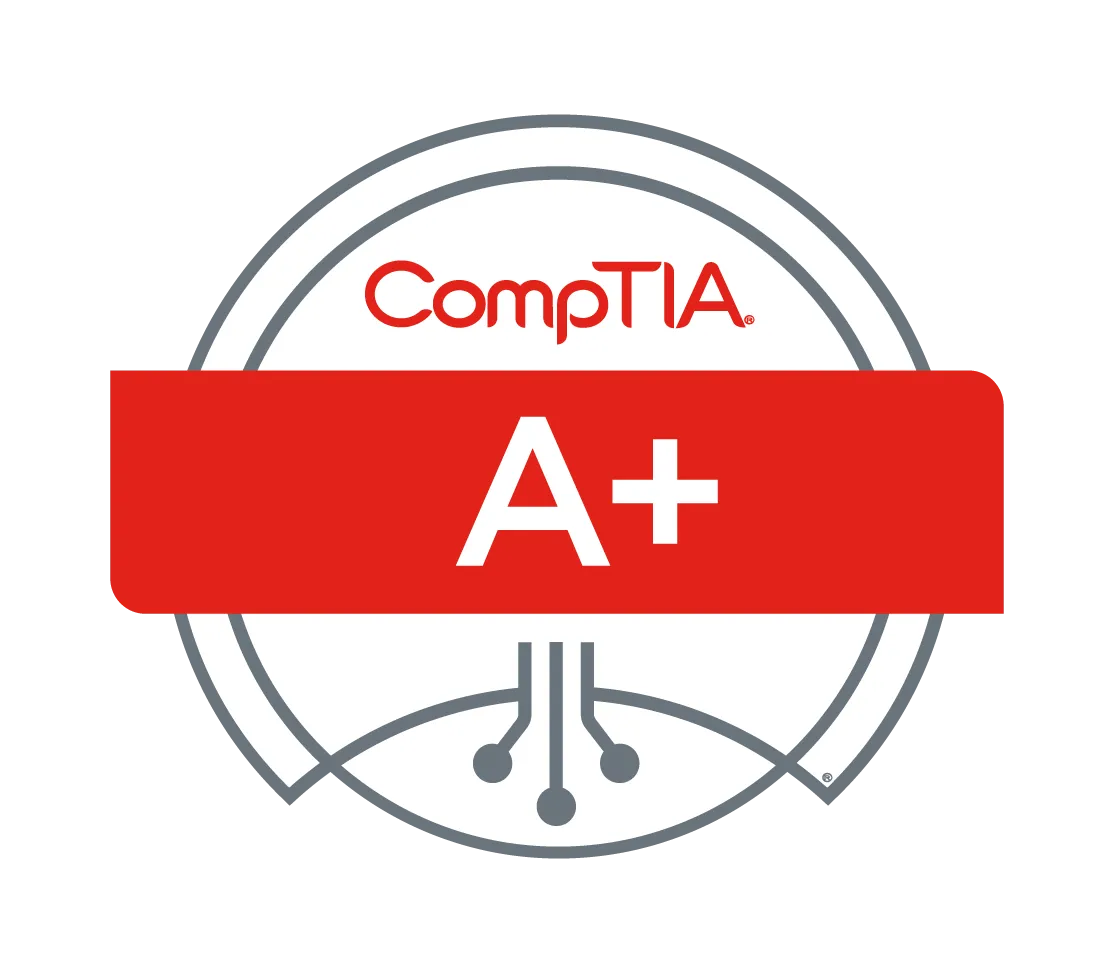Cybersecurity and Ethical Hacking Professionals in offensive security, such as ethical hackers and penetration testers, are taught in this course how to proactively find unknown vulnerabilities and take action before cybercriminals can. By seeing cyberthreats and vulnerabilities before cybercriminals can, you may focus your career on the art of offensive security. There are cyberthreats everywhere, and the digital world is evolving at a rate never seen before.
Cybersecurity and Ethical Hacking Professionals in offensive security, such as ethical hackers and penetration testers, are taught in this course how to proactively find unknown vulnerabilities and take action before cybercriminals can. By seeing cyberthreats and vulnerabilities before cybercriminals can, you may focus your career on the art of offensive security. There are cyberthreats everywhere, and the digital world is evolving at a rate never seen before.
You can work in cybersecurity as a penetration tester or ethical hacker after finishing this course, or you can utilize it to deepen your understanding of defensive security. Gaining a deeper understanding of how threat actors think will help you monitor, evaluate, and respond to current security risks more effectively.
Requirements:
This course is intended for people who are new to the sector, have no prior IT expertise, and want to pursue a lucrative career in cyber security. These introductory cybersecurity courses include many practical labs that address computer networking, network security, system administration, and ethical hacking.
What You Will Learn
Vulnerability scanning, Internet of Things security, penetration testing, social engineering, network exploitation, ethical hacking, reporting, vulnerability assessment, and application exploitation
Certifications
After finishing this course, you will be prepared for the Cisco Certificate in Ethical Hacking and Certified Ethical Hacker.
Employment Prospects for Cybersecurity
Excellent employment prospects for cybersecurity professionals are characterized by exceptionally high demand, notable job growth (much faster than average), and a persistent global talent shortage. These factors lead to competitive salaries and a variety of opportunities in specialized fields like threat intelligence, cloud security, and AI/IoT security, with roles ranging from entry-level analysts to architects.
Job Prospects for Cybersecurity
- Entry-Level: Information Security Analyst, Digital Forensic Examiner, SOC Analyst.
- Advanced: Security Engineer, Security Architect, Cloud Security Engineer, Penetration Tester.
- Specialized: AI/ML Security Expert, IoT Security Architect, Vulnerability Analyst, Malware Analyst, Cybersecurity Technical Writer.
Course Outline
Module 1: Introduction to Ethical Hacking and Penetration Testing
Module 2: Planning and Scoping a Penetration Testing Assessment
Module 3: Information Gathering and Vulnerability Scanning
Module 4: Social Engineering Attacks
Module 5: Exploiting Wired and Wireless Networks
Module 6: Exploiting Application-Based Vulnerabilities
Module 7: Cloud, Mobile, and IoT Security
Module 8: Performing Post-Exploitation Techniques
Module 9: Reporting and Communication
Module 10: Tools and Code Analysis
Final Capstone Activity




